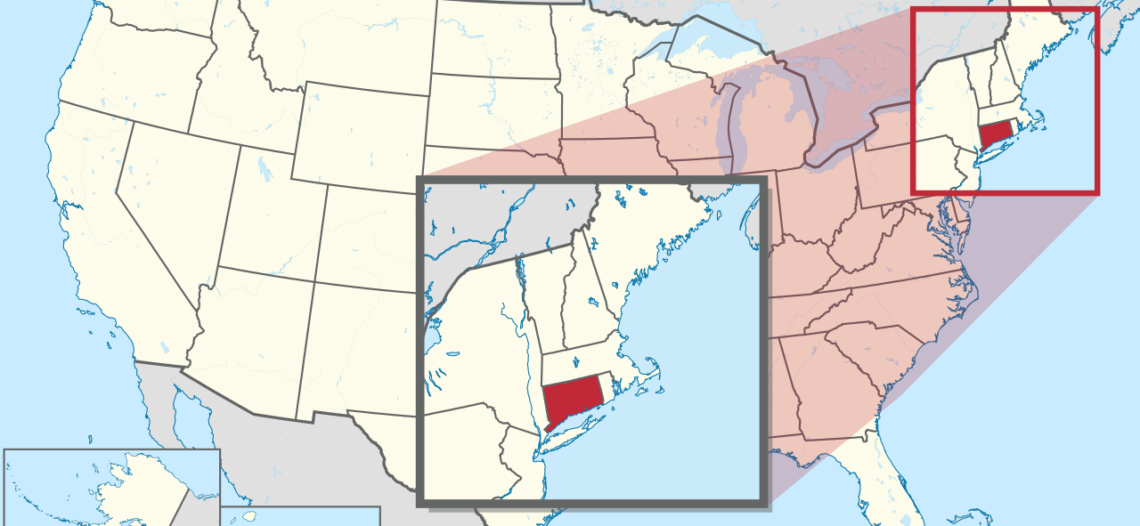Connecticut Franchise Registration




Connecticut provides a wide range of businesses with a conducive environment for growth, from Fortune 500 companies to emerging entrepreneurs. The state is famous for advanced manufacturing, insurance, and bioscience companies, which have proven to be among the top-performing organizations. In addition, Connecticut has made great strides in health care, crime and correction, and education, making it among the best states in New England to live and operate a business. Furthermore, the state offers new businesses salient benefits like limited liability, long-term value creation, and several tax exemptions, making it a business-friendly state. Connecticut also provides tax credit programs, investment capital programs, and debt financing, which businesses can benefit from.
Unlike franchise registration or non-franchise registration states, Connecticut is has based its franchise registration and filing around whether or not a franchise has a federally registered trademark. Although the state has not enacted any specific franchise laws, franchisors with federally registered trademarks must file their Franchise Disclosure Documents. On the other hand, franchisors who do not have a federally registered trademark must register their franchise business.
The Connecticut Business Opportunity Investment Act governs the selling or offering of a business opportunity in the state and mandates all business opportunities to register with the Connecticut Department of Banking. Franchisors who have a primary trademark that is registered with the United States Patent and Trademark Office (USPTO) have the option of claiming an exemption from writing their Franchise Disclosure Document (FDD) by filing an exclusion notice. If a franchisor’s primary trademark is not registered with the USPTO, the state requires you to register your Franchise Disclosure Document with the Department of Banking.
The Connecticut Business Opportunity Act not only applies to business opportunities but also franchises. Depending on your primary trademark registration status determines whether or not you need to register your Franchise Disclosure Document with the Connecticut Department of Banking. If you have a registered primary trademark and want to file an exclusion notice, the state has no filing fee or state-mandated form. The exclusion request should be in the form of a letter. It should include the following information: business address of your franchise, legal franchise name, identification of your trademark and USPTO registration number, and a notification that you are requesting exclusion as stated by the Business Opportunity Investment Act, under section 36b-61(2)(D).
After filing for exemption, your request will only take effect once the Connecticut Department of Banking has acknowledged it. The exemption notice is a one-time fling, but a franchisor might be required to renew if there is a material change in the franchise offering. You can send your exclusion notice by email or mail. Franchisors who register their FDD in Connecticut should make an initial $400 payable to “Treasurer, State of Connecticut,” with an annual renewal fee of $100.
For more information on how to register your franchise in Connecticut, visit the Franchise Marketing Systems site: https://www.fmsfranchise.com/learn/resources/state-guidelines/
